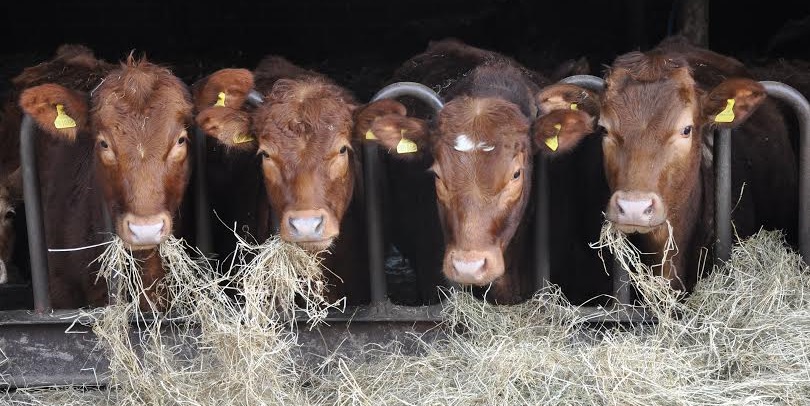NI farmers frustrated by 'lack of action' on BVD measures

Northern Irish farmers have highlighted their frustration with the local government over its 'lack of action' in developing bovine viral diarrhoea measures.
Figures show the number of BVD cases in Northern Ireland continue to rise while the Republic of Ireland moves towards 'BVD freedom'.
A highly contagious disease, BVD is one of the most common and costly affecting cattle in Europe.
Infection can result in a wide range of clinical signs including, reproductive problems, including failure to conceive, abortion and birth defects.
The Ulster Farmers’ Union (UFU) said it was 'extremely disappointed' in DAERA and its 'lack of progress to date' in combatting it.
Recent figures have highlighted that for the eighth month in a row, the rolling annual animal prevalence of BVD in Northern Ireland has increased.
The figures show that more than half of BVD positive cattle are being kept for longer than four weeks.
UFU deputy president William Irvine said they showed a 'very troubling' picture, while farmers in Republic of Ireland were closer to eradicating the disease.
It comes as trading requirements will change as soon as the Irish programme is officially recognised by the EU, and will be expanded when BVD freedom is achieved.
“To help improve the BVD situation here as quickly as possible, we’re urging DAERA to take the steps we’ve been calling for to drive BVD to eradication," he said.
"Any farmer who has a BVD positive (PI) among their herd, must remove the animal with immediate effect to prevent further spread.
"To help initiate this response as soon as a positive BVD test result is received, we’ve been lobbying DAERA for further restrictions against any herd which does not promptly remove PIs.
"However, we’ve been extremely frustrated by a lack of progress to date. This needs to be improved immediately.”








